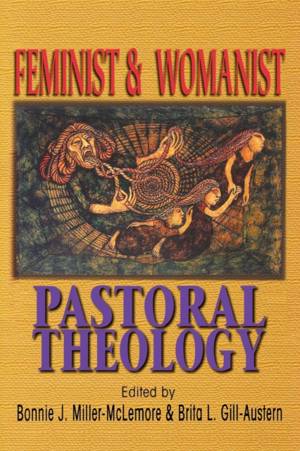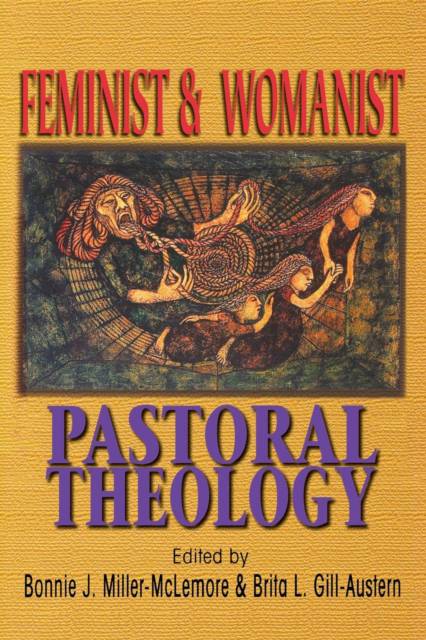
- Retrait gratuit dans votre magasin Club
- 7.000.000 titres dans notre catalogue
- Payer en toute sécurité
- Toujours un magasin près de chez vous
- Retrait gratuit dans votre magasin Club
- 7.000.0000 titres dans notre catalogue
- Payer en toute sécurité
- Toujours un magasin près de chez vous
Feminist & Womanist Pastoral Theology
Bonnie J Miller-McLemore, Brita L Gill Austern
Livre broché | Anglais
36,45 €
+ 72 points
Description
In the last decade, the focus of pastoral theology has shifted dramatically from care defined as counseling to care understood within a wider social, political, and religious context. Feminist and womanist theory as well as feminist and womanist faith convictions have played a key role in this development. According to the authors, feminists and womanists in pastoral theology have begun to reconstruct the definitions, parameters, and commitments of pastoral care and counseling. These changes have critical implications for care within congregations and for the understanding of theology in seminaries and divinity schools. Yet these developments in the theory and practice of pastoral theology and their broader ramifications have not been carefully analyzed or even acknowledged by pastoral theologian, minister, and religion scholar alike. This is due to a failure to articulate clear understandings of the field, the gap between congregational ministry and higher education in religion, and conflicts in theological education in general over the place of practice and theory, experience, spirituality, and practical theology. To redress these problems, this collection of essays has a threefold aim. First, the book identifies the many changes occurring in definitions of pastoral theology, care, and counseling. Second, the volume defines and develops new methods and approaches. Third, the authors attend to the implications of these changes for congregational care and theological education. Roughly speaking, the order of the chapters in this volume follows this threefold agenda, moving from an exploration of the changes in pastoral theology to its reconstruction to some of the implications of recent innovations
Spécifications
Parties prenantes
- Auteur(s) :
- Editeur:
Contenu
- Nombre de pages :
- 240
- Langue:
- Anglais
Caractéristiques
- EAN:
- 9780687089109
- Date de parution :
- 01-08-99
- Format:
- Livre broché
- Format numérique:
- Trade paperback (VS)
- Dimensions :
- 155 mm x 230 mm
- Poids :
- 381 g

Les avis
Nous publions uniquement les avis qui respectent les conditions requises. Consultez nos conditions pour les avis.






